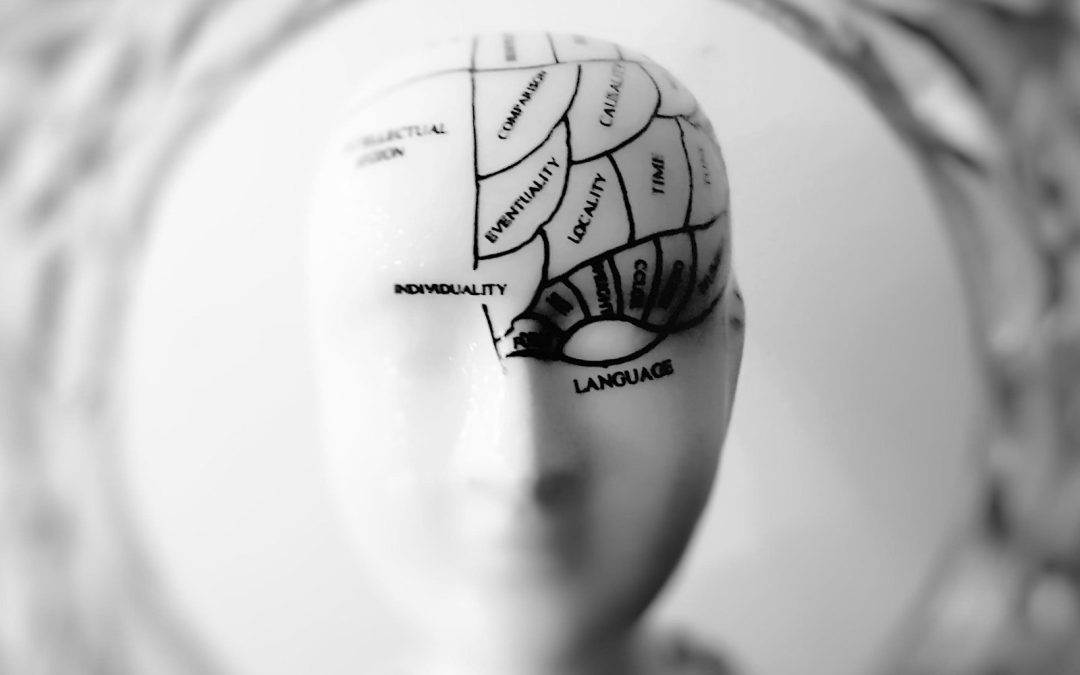Taking steps to build your mental fitness can enhance your ability to cope with stress, improve your physical health, boost productivity at work, enrich relationships, and increase overall happiness. Here’s how you can start on the path to better mental fitness and why it’s essential for a balanced life.
How Does Mental Fitness Help?
Mental fitness is about strengthening the neural pathways that lead to the most realistic and objective thoughts, breaking negative patterns, and fostering positive emotions more regularly. Viewing life events through a glass half-empty lens can be transformed into a more positive outlook through mental fitness training.
Our brains’ neuroplasticity allows us to constantly rewire our neural pathways. Negative thoughts, if repeated, can strengthen and become automatic, leading to unhealthy mental states. Mental fitness helps you recognize that you have choices in how you react to situations, allowing for calm, measured responses rather than impulsive reactions that you might later regret.
When you are mentally fit, you feel more confident, resilient, and energized. Mental fitness training makes it harder for sadness to progress into depression or for worry to spiral into anxiety.
How Does Mental Fitness Work?
Our brains carry thoughts along neural pathways, which are like ruts created and reinforced over time. Repeated thought patterns become automatic, much like driving a familiar route on autopilot. While daily routines can be beneficial, automatic thinking can cause unhelpful reactions based on past triggers.
Our brains have evolved to scan for danger to ensure survival, but this can lead to unhelpful thoughts and actions in the modern world. Fortunately, we can rewire our minds to reverse harmful neural pathways and create new, beneficial ones through deliberate mental fitness training.
Benefits of Mental Fitness
By incorporating mental fitness training into your life, you can lower symptoms of stress, anxiety, burnout, and depression. Mental fitness helps achieve peacefulness through guided imagery and mindfulness strategies, reducing tension in both body and mind.
Benefits include:
- Being more present: Improved information retention, processing, listening, and awareness.
- Ability to respond instead of reacting: Control over automatic thoughts, leading to rational responses.
- Improved cognitive functioning: Better focus, memory, concentration, time management, and communication.
- Increased positivity: Awareness to reframe thoughts in more helpful ways, fostering kindness, compassion, and optimism.
- More confidence: Reframing thoughts and beliefs about oneself, leading to self-compassion and empathy.
- Skills building: Developing life skills to better manage mental health, such as thought balancing and goal setting.
- Improved sleep: Enhanced mental fitness contributes to better quality sleep.
How to Build Your Mental Fitness
Building mental fitness involves strategies, skills, and tools to help you feel better and includes understanding your mental health, awareness of your patterns, and implementing behavioural and thought strategies.
Understanding Your Mental Health: Like physical health, understanding your mental health involves recognizing patterns and behaviours that impact you. This can be done through assessments with a therapist or online tools to gauge your stress, anxiety, and depression levels.
Awareness of Your Patterns: Building self-awareness is key to improving mental fitness. Tracking your moods helps identify triggers and understand the relationship between your feelings and external events.
Behaviour Strategies: Positive changes in behaviour can improve mood. Activities like reading, walking, or spending time with loved ones can reduce distress. Relaxing and recharging, just like taking breaks during physical workouts, increases focus, creativity, and energy.
Thought Strategies: Not every thought is true or helpful. Balancing your thoughts involves stepping back, identifying stress-inducing thoughts, questioning their validity, and presenting counter-facts. This helps turn negative thoughts into positive, productive ones.
Simple Ways to Improve Mental Fitness
- Guided Imagery: Create calm, peaceful images in your mind for relaxation.
- Gratitude: List things you’re grateful for to recall positive emotions.
- Mindful Activities: Engage in activities that distract from stress, like reading or hiking.
- Breathing Exercises: Deep breathing calms the mind and body.
- Coping with Negative Thoughts: Learn strategies to interrupt and manage negative thoughts.
- Sleep: Ensure sufficient rest for mental and physical recovery.
- Exercise: Physical activity improves psychological well-being.
- Journaling: Express thoughts and emotions, track moods, and recognize triggers.
- Mental Fitness Training: Spend a few minutes daily on mental workouts.
- Stop Multi-Tasking: Focus on one task at a time for clarity.
- Try Something Different: Engage in new hobbies or experiences to keep the brain active.
- Set Personal Goals: Achievable goals build confidence and satisfaction.
- Play Games: Engage in games that test reasoning and keep the mind sharp.
- Read More: Reading stimulates imagination and different brain parts.
By incorporating these practices, you can build your mental fitness, leading to a more balanced, resilient, and fulfilling life.

